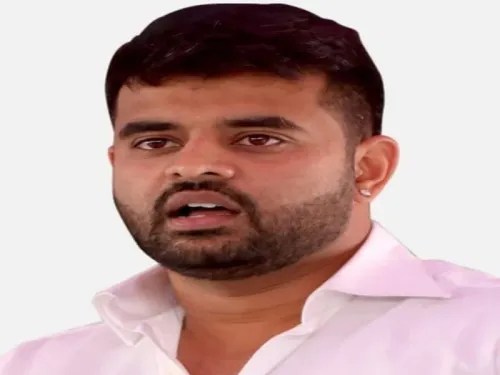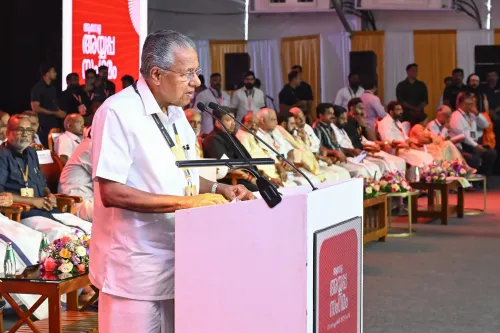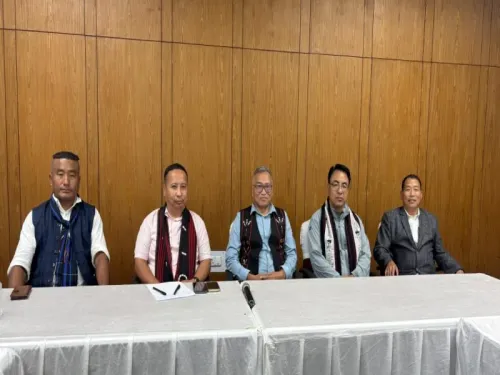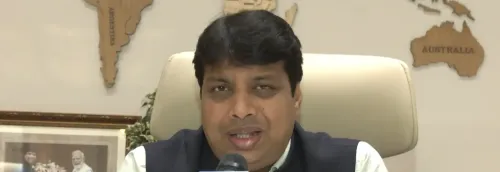How Will One Nation, One Election Reduce Violence and Stabilize Policy Making?
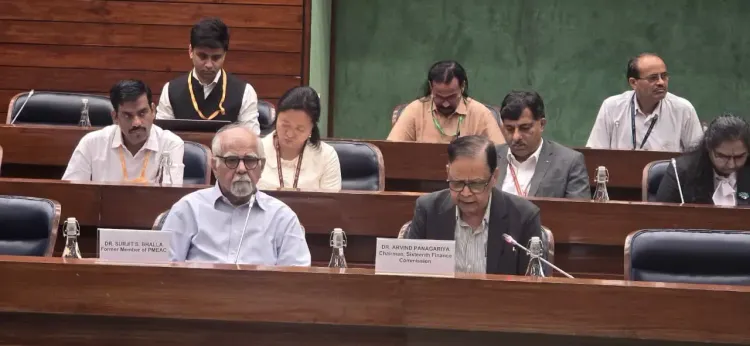
Synopsis
Key Takeaways
- Simultaneous elections could lead to greater policy stability.
- Reduction in election frequency may help lower violence.
- The imposition of the Model Code of Conduct disrupts governance.
- Longer election cycles promote private capital investment.
- Frequent elections increase fiscal spending and deficit.
New Delhi, Sep 24 (NationPress) The Joint Parliamentary Committee (JPC) on One Nation, One Election (ONOE), led by BJP MP P.P. Chaudhary, convened on Thursday to hear comprehensive presentations from economists Arvind Panagariya and Surjit Bhalla, both advocating strongly for simultaneous elections for the Lok Sabha and state Assemblies.
During the pivotal meeting, Panagariya, who is also the Chairman of the 16th Finance Commission, emphasized that India undergoes 13 election rounds in a five-year span, averaging one every 4.5 months.
He referenced the 1957 elections, noting that the Constitution framers permitted the early dissolution of certain Assemblies to facilitate simultaneous polls with the Lok Sabha.
Panagariya contended that if the framers had foreseen today’s relentless election cycle, they might have favored a structure akin to the 129th Constitutional Amendment Bill.
He pointed out that the frequent enforcement of the Model Code of Conduct (MCC) hampers policymaking, procurement, and the execution of reforms while frequent elections impede even constitutional entities like the Finance Commission.
“Conversely, the once-in-five-years electoral framework provides a longer and clearer policy horizon for both state and central governments, diminishing uncertainty and fostering a stable environment that promotes private capital investment,” he stated.
He also highlighted extensive academic research indicating an uptick in government expenditure preceding elections, resulting in heightened fiscal deficits due to increased fiscal spending aimed at stimulating short-term growth.
He maintained that simultaneous elections would ensure policy consistency, mitigate subsidy pressures, and eliminate obstacles that states commonly impose on Union-level reforms during election periods.
Echoing his sentiments, economist and former IMF Executive Director Surjit Bhalla remarked that the issue does not lie in the Lok Sabha elections occurring every five years, but rather in the “repeated state elections that raise concerns.”
He noted that the MCC's imposition is more significant for state elections compared to the Union, due to its structured and regular timetable for Lok Sabha elections.
“Non-simultaneous elections are costly and a luxury we can no longer afford,” he asserted, adding that “the reduced frequency of elections under ONOE will result in a decline in violence.”
Bhalla observed that elections tend to escalate violence and impose financial and opportunity costs on migrant workers.
Both experts concluded that ONOE would enhance democracy by diminishing instability and encouraging reforms.

